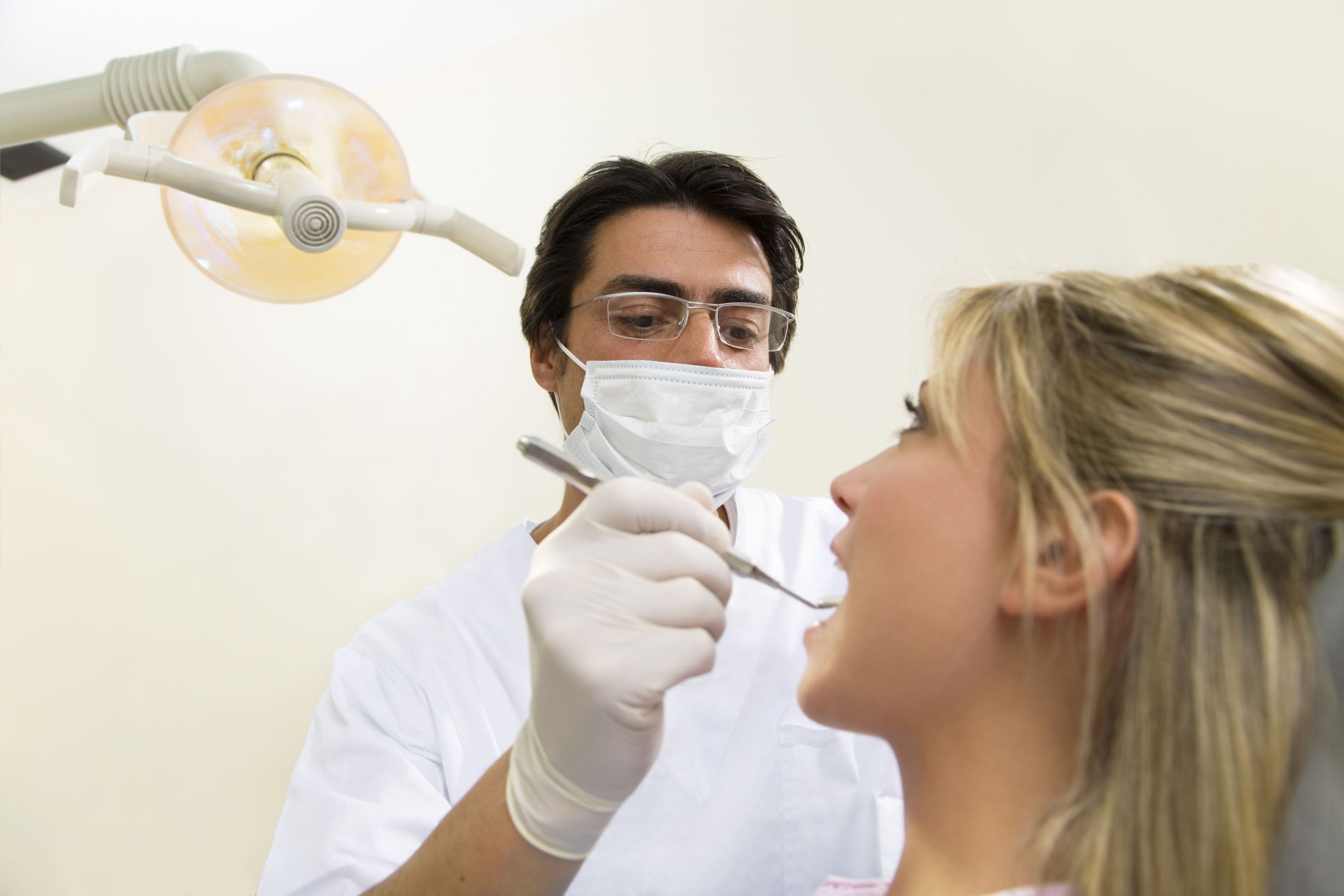Gingivitis is an inflammation of the gums, accompanied by swelling, redness and bleeding. It is said that gingivitis is often a sign of periodontitis (inflammation of the tissues surrounding the tooth root and the alveolar bone tissue). This disease is characterized by an inflammation of the gingival mucosa as well. Gingivitis comes from the Latin word “gingiva” (gums) and is considered to be a fairly common disease in dentistry.
Causes of gingivitis
The causes of this disease are very diverse. Your local dentist in South Amboy divides the causes into internal and external.
Internal factors include: the growth of teeth (growing injures the gums), pathology bite, vitamin deficiencies, diseases of the gastrointestinal tract (digestive issues are somehow interrelated), immunosuppression (oral importance is not only common, but also pertains to local immunity) among other reasons.
External factors include: the effects of physical trauma (burns, radiation exposure, etc.), chemical (the influence of aggressive substances), biological (infection) and medical (iatrogenic) factors. External factors that are more likely to cause gingivitis consist of tartar, plaque, food debris, improperly imposed fillings, mouth breathing, smoking, chemical irritation, and infection. Children are most likely to experience gingivitis due to proper hygiene. The fact a child’s local immune defense is just being formed around the age of seven is proof of this fact.
Gingivitis is even higher in children if they have a history of cavities. Untreated carious teeth is a frequent cause of gingivitis. Gingivitis is also common in children suffering from rheumatism, tuberculosis, diabetes, diseases of the liver and gallbladder, nephropathy, etc. Long-term use of certain drugs, such as oral contraceptives may exacerbate the inflammation in the gums as well. Heavy metals (lead, bismuth, etc.) can sometimes provoke gingivitis.
Prophylaxis
To prevent gingivitis from forming, it is necessary to perform the following:
* Regularly visit your general dentist for routine checkups.
* Daily hygiene using toothpaste, mouthwash and floss.
* Visit a dentist in South Amboy every 3-6 months for routine cleanings.
Uncomplicated gingivitis usually ends after 7-10 days, but chronic cases require intensive treatment. If gingivitis is not treated, it can lead to periodontal disease and tooth loss (gingivitis is a more common cause of tooth loss than cavities). For more information on gingivitis or to learn about cosmetic dentistry, contact your local dentist in South Amboy today.


